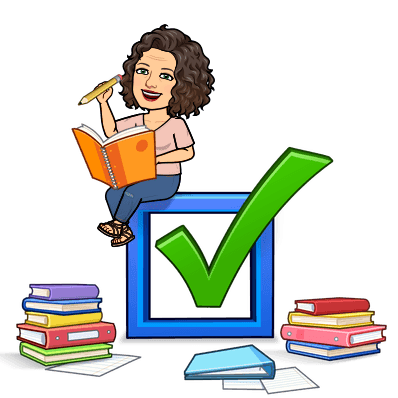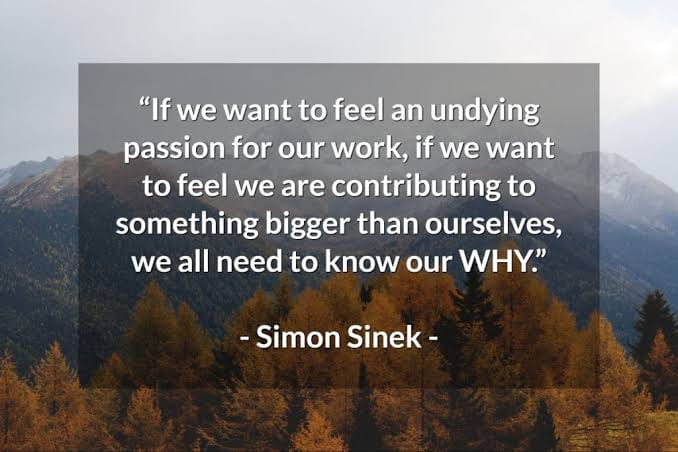The context (educators, families/society, learners):

All students are capable learners, avid explorers, agents of change and active citizens of our society. Environments in which I believe that students succeed are those that work under a shared vision and are collaborative, flexible and inclusive. I strive for a work culture based on the ‘community of practice’ design, working to challenge the phrase ‘We have always done it this way,’ because I believe a ‘community of practice’ promotes authentic collaboration, growth, innovation and motivation and encourages students and educators to reach their full potential.
I aim to create a consistent culture of involvement with less opportunities for discomfort for students and educators by continually evaluating the learning environment, maintaining my flexibility, adjusting the teaching and learning program to suit changing needs and offering permanent and flexible seating, grouping and working environments. In my view, it is of the utmost importance for students to be life-long learners and be intrinsically motivated to learn. Therefore, I consistently and explicitly teach things like social emotional learning (SEL) concepts and the promotion of self-marking of day to day class work, or by helping students strive to develop a growth mindset, healthy study habits and enhanced learning engagement.
Working with the understanding that all behaviour is communication, I focus on ensuring everyone clearly understands expectations based on school values and preemptively discuss these with students. I then use agreed forms of restorative action strategies to help students self-regulate when heightened, reteaching expectations as needed. Similarly. I collaborate with colleagues, students and families to create a clear view of my high expectations in terms of behaviour, home learning and program objectives, being flexible with these expectations depending on individual circumstances and encouraging students to exceed expectations wherever possible.
The educators (roles and expectations):

I have a passion for teaching. I am good at many things, but teaching is my ‘why.’ I nurture this passion through continual reflective practice and embracing job flexibility. My role is to act as a group facilitator than as a transmitter of information. I base my view of myself and my attitude on the belief that students view a good teacher as one who is reasonably strict but fair, optimistic, explains things well, helps them with their work, makes the work fun, and has a sense of humour.
In the event that a school or the profession of education helps perpetuate social and economic inequalities in our society, I will step up to fight it. This is one reason why I actively promote inclusive teaching practices, seek training and development in things like Aboriginal perspectives and disability standards, advocate for public education and am a proud Teachers Federation union member.
The learners (learning methods and inclusive practice):
The sheer interest in learning something new and challenging, or successfully accomplishing a task can sometimes be sufficient motivation for learning. However, more often in recent years, things are going on outside the classroom that have a detrimental influence on student motivation and this requires that all learning experiences now be designed utilising quality teaching and evidence-based practices.
In addition, I use growth mindset classroom culture strategies, feedback and learning goals to motivate learning. I am flexible in both what constitutes as ‘grades’ and in who gives them, while working within NSW Department of Education reporting to parent and caregiver guidelines. I show students ‘we are learning to’ goals ‘what a good one looks like’ examples to support learning confidence and when some learners have a better grasp of the content or outcome(s), I prefer to utilise ‘think, pair, share’ or group tasks to help other students learn cooperatively rather than competitively.
I work towards a classroom culture of appreciation of difference, rather than merely acceptance or tolerance of difference and I display and reinforce concepts such as the motto, “Fair isn’t everyone getting the same thing. Fair is everyone getting what they need to succeed.” If I teach students that differ with regard to ability, I treat them similarly and fairly with high expectations, but with a variety of content and approaches when the need arises to do so.
The curriculum (knowledge and control):
“Knowledge of the soul is the only universal truth and the only wisdom. All other knowledge is transient.”
Plato
There are no universal truths or knowledge and I therefore strive to remain flexible in my delivery of the curriculum. I teach different curriculum subjects in an integrated fashion because I believe it is through the connections to the real world that students become empowered. Furthermore, the relevance of the subject areas in relation to each other (as demonstrated in the real world) is overlooked when subject areas are taught in isolation.
I encourage students to learn how to speak respectfully and spontaneously, raising their hands but not necessarily on topic, to increase opportunities for discussion beyond my expectations. I also encourage student and family involvement in learning, providing multiple avenues for inclusion – electronic, paper and face to face depending on their needs or availability.
I readily seek out feedback from colleagues, families and students throughout the year. It is important to recognise that the need to agree all the time (consensus) and control all situations will never provide us with authentic opportunities for improvement. Whereas providing respectful and timely opportunities for voicing disagreements (dis-sensus) enables authentic opportunities for improvement. Similarly, I believe educators should be roll models in seeking out authentic collaboration through professional development, program evaluations, quality reflective practices, and pursuing life-long learning.
